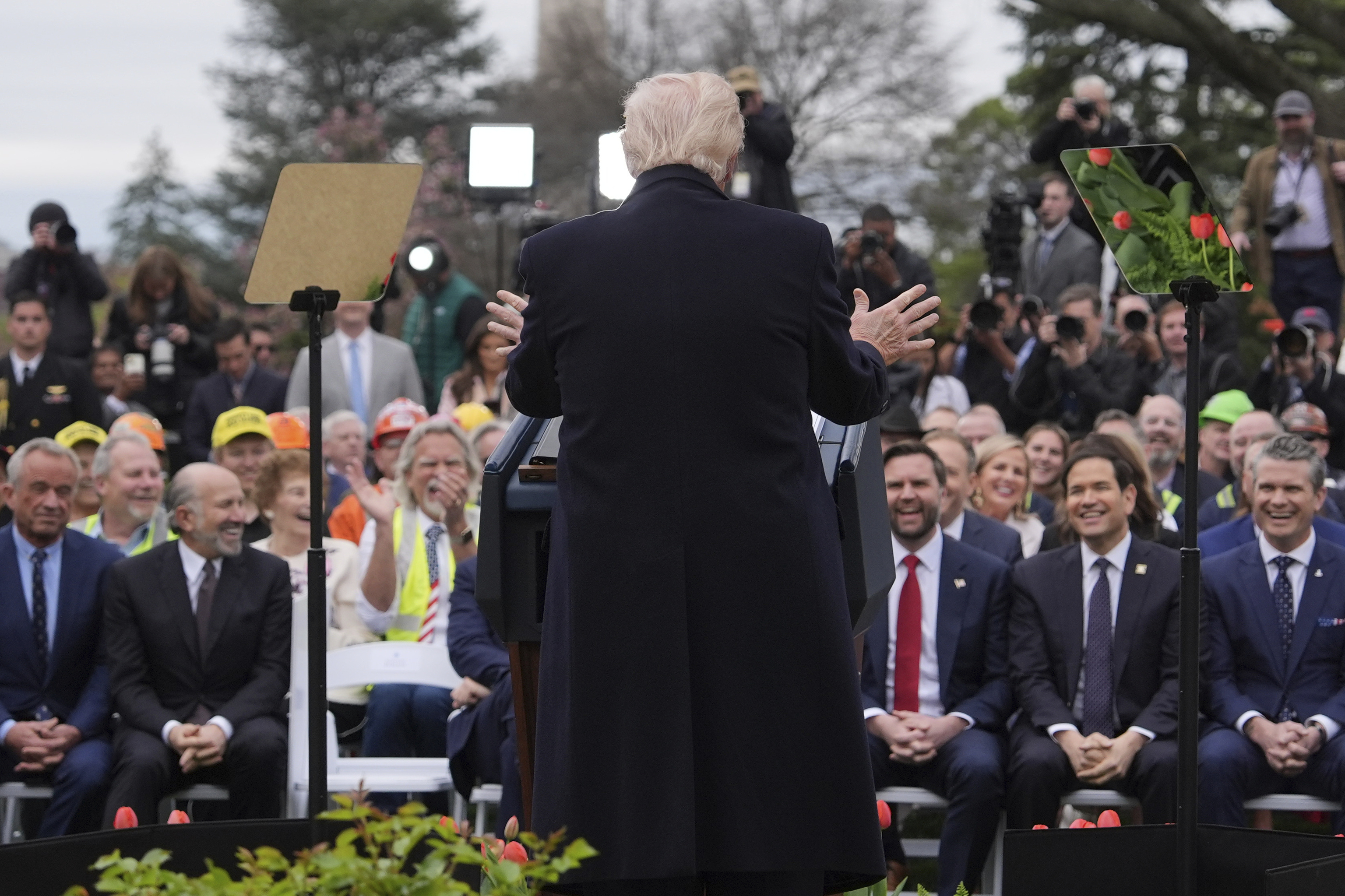The tariffs announced yesterday by Donald Trump for all exports to the United States will have a significant impact on the Spanish economy, especially in sectors that have exported the most to the United States, with automotive, pharmaceutical, and agri-food products being the most affected.
Spain exports products worth 2.3% of GDP to the United States annually, amounting to sales of over 36.8 billion to a destination that in recent years has been a focus for Spanish companies to grow by taking advantage of initiatives in fields such as green energy or infrastructure.
However, in the overall picture, Spain does not fare as badly. According to the Chamber of Commerce, the 2.3% of GDP in sales to the US is below the average of the European Union countries. Specifically, Spain relatively exports half, as the 27 member states on average export 4.6% of their gross domestic products.
The Spanish Prime Minister, Pedro Sánchez, has called the affected sectors to the Moncloa Palace this Thursday to discuss the situation. He will also convene the government and is expected to address the nation.
At an event organized by Europa Press, the Minister for Digital Transformation, Óscar López, emphasized that there will be a "proportional" and common response in Europe. "Nobody wanted a trade war," he stressed in line with statements from other government members such as Carlos Cuerpo, Minister of Economy, who acknowledged that the tariffs would impact the economy.
Meanwhile, the Minister of Agriculture, Fisheries, and Food, Luis Planas, has called for "caution" in response to the US announcement of a 20% tariff on imports from the European Union and assured that the government will mobilize "all necessary measures" to support the affected sectors.
"We advocate for international trade based on rules (...) the adoption of these unilateral measures by a country (the United States), also a partner of Spain and the European Union, does not seem positive to us because it will affect the economy," the minister stated on Thursday.
In statements to the media, Planas regretted the adoption of these measures by the Trump administration, which will not only affect companies and citizens but also those in the United States.
Spain faces the 20% tariffs imposed by the United States on the EU with a negative trade balance with this country (more is imported than exported), after the deficit increased by 6.9% in 2024, reaching 10,013.5 million euros, 649.8 million more than in 2023.
In the new global trade scenario, the Spanish product most affected by the Trump Administration's tariffs will be olive oil, the top-selling product to the US in 2024, according to data from the State Secretariat for Trade of the Ministry of Economy compiled by the Efe agency.
The second most sold product to the US, and therefore most affected by the tariffs, is petroleum oils or minerals, within the fuels category, whose exports halved last year, from 2,028 million in 2023 to 1,004 million in 2024.
Within another significant category, that of electrical machinery and equipment, the export of electrical transformers stands out, with sales dropping from 1,006 million in 2023 to 772 million in 2024.
Another significant category is medicines, whose sales doubled last year, from 239 million in 2023 to 571 million in 2024.
In a context of declining exports to the US, the wine sales also increased in 2024, from 313 to 335 million, another product in the agri-food sector that will be significantly affected by the tariffs.
Within the automotive sector, for which tariffs are raised to 25%, the highest impact by volume will be on sales of vehicle parts and accessories, which remained at 249 million in 2024.
